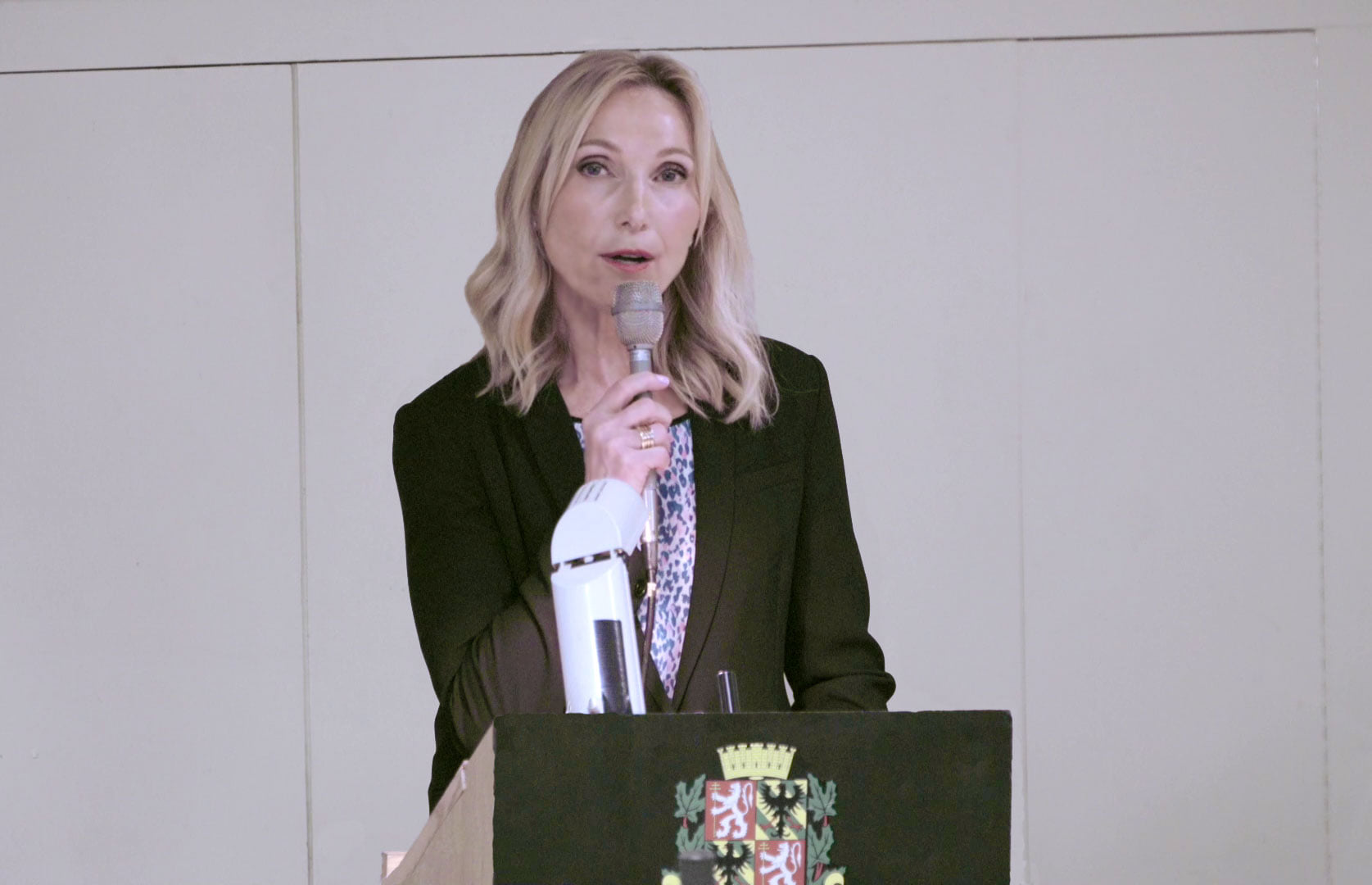MONTREAL— For the first time, a teaching module on genocide will be available to all high schools in Quebec this September, thanks to a years-long effort by a daughter of Holocaust survivors who believes awareness of past mass atrocities is key to preventing racism.
The Foundation for Genocide Education, created by Heidi Berger, has been working with the province’s education ministry to develop this teachers’ guide, which was piloted in a number of schools this year.
For the full-scale rollout in 2021-2022, the Holocaust, the Armenian genocide during the First World War and the 1994 genocide of the Tutsis in Rwanda, as well as the “cultural genocide” of Indigenous peoples in Canada, are covered.
The plan in coming years is to expand to all of the nine genocides currently recognized by Canada.
Geared to students in grades 10 and 11, this instruction may be incorporated into the world history course, the ethics curriculum, or even English as a second language, said Berger. The history text includes “little more than a paragraph” on genocide, she added.
The guide is written by researchers from the Université de Sherbrooke and the Université du Québec à Trois-Rivières, in collaboration with the Foundation, which works with communities affected by genocides, as well as educators and experts.
While teaching genocide will not be compulsory, over 600 schools have agreed to make the guide available to teachers, Berger said.
“This is groundbreaking,” she said, not only for Quebec, but Canada, as it is the first pedagogical package addressing the subject of genocide in such a systematic manner. “A lot of people told me it couldn’t be done, but I just never took no for an answer,” said Berger, a film producer who has taught at Concordia University.
Berger has been making presentations on the Holocaust in schools since 2008. She established the Foundation, a registered charitable organization, with the goal of making the teaching of genocide compulsory in every high school, not only in Quebec, but North America.
It has taken seven years to get to where things are today, and Berger is elated to have made this much progress. She realizes no educator should be forced to teach such an overwhelming and fraught subject without the right preparation and materials.
While the education ministry is producing the guide, the Foundation raised the funds for teachers’ workshops and promotional and instructional videos.
Education ministers have been generally favourable to genocide education, but they change often, she noted, and the bureaucracy is massive and methodical.
Still, she soldiered on. “Any resistance we encountered just made us more resolute in our mission.”
Berger is driven by the memory of her late mother, Ann Kazimirski, who spoke frequently in schools about her Holocaust experience. After her death, Berger, somewhat hesitantly, carried on as a second-generation witness. Using her communication and film skills, she put together a one-woman road show, travelling around the province, anywhere the door was open.
Berger grew up in Ste. Agathe in the Laurentians and knew anti-Semitism personally. But her background gave her a fluency in French and comfort in milieus outside Montreal.
“What I found was that students knew little or nothing about the Holocaust or genocide, even what the word meant. Teachers wanted to teach the subject, but they felt they did not have the knowledge or tools to do so,” she said. “The teachers tell us they really welcome (this guide), especially with so many more hate crimes and what’s happening in Myanmar and China.”
The guide offers more than a chronicle of historical facts; it focuses on what leads to genocide, Berger pointed out. Students will learn the stages preceding attempts to annihilate a people, typically beginning with dehumanizing them.
“I like that the guide includes an action plan that shows the students how to recognize discrimination and hate in their own lives,” she said. “It will help them develop critical thinking skills.”
Berger is now setting her sights on the rest of Canada, and hopes to persuade other provinces to follow Quebec’s lead.
